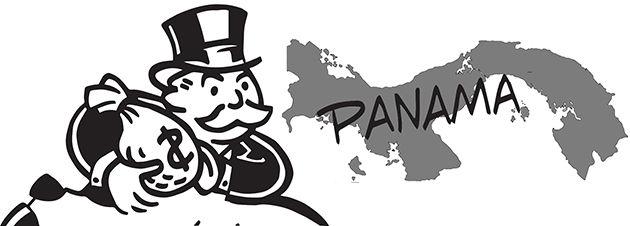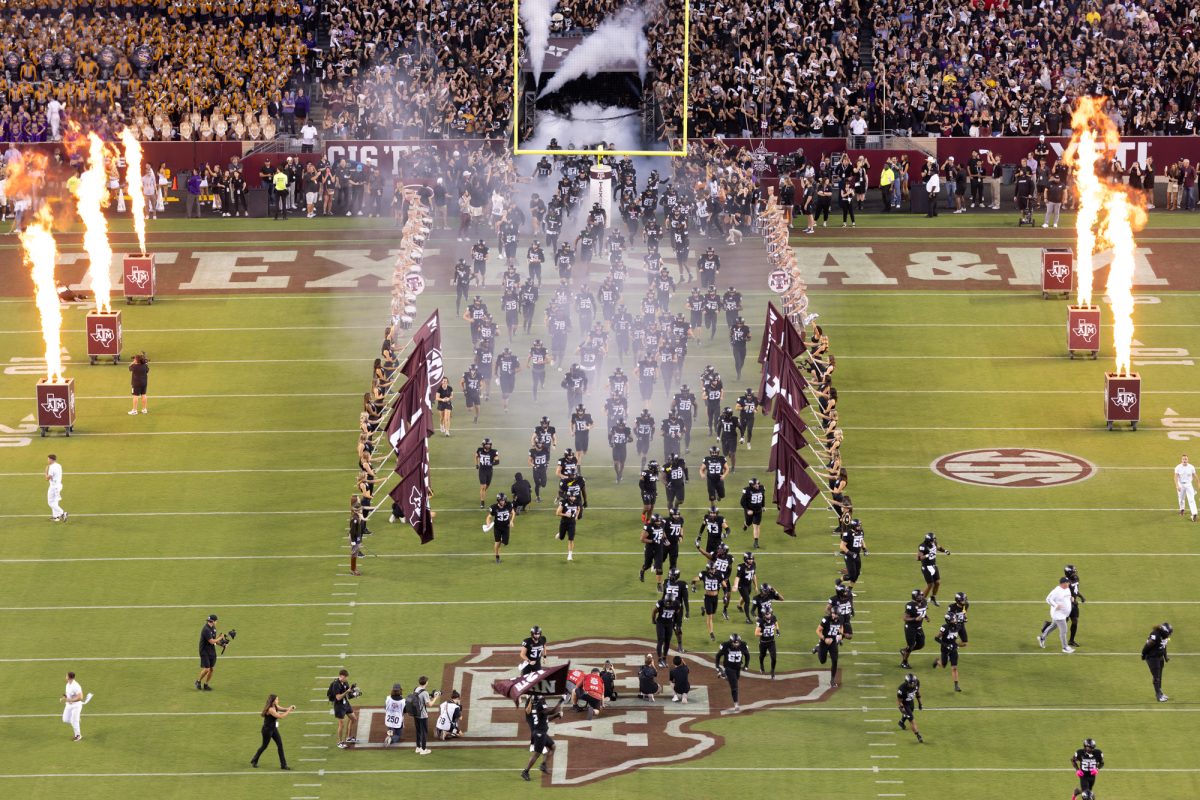Roughly two days ago, the biggest information leak in history came to light. Now known as the Panama Papers, the 2.6-terabyte leak implicates hundreds of business leaders, politicians and even some heads of state in a massive tax evasion scheme.
What is it?
The Panama Papers are a set of 11.5 million files from the database of Mossack Fonseca, the world’s fourth biggest offshore law firm. The documents show the firm is involved in the mass creation of shell companies, which — because Panama does not require companies to disclose the names of their officers and directors — allow wealthy individuals to hide their assets without being taxed or associated with them.
What’s a shell company?
Shell companies, or holding companies, are corporations without any active business or operations, or one that passively owns the shares of another company. While they can be used for legal purposes such as brand management — (Let’s say Jack Daniels wants to make whiskey for a cheaper market but doesn’t want to tarnish its reputation. They create a new brand in the form of a shell company and release their new line under it) — they can also be used for the purposes of money laundering, fraud and market manipulation.
How did the leak happen?
Sometime last year, a German newspaper was provided the massive leak from an anonymous source that — according to Mossack Fonseca — hacked the firm’s email server. In the time since, the International Consortium of Investigative Journalists, ICIJ, a team of hundreds of world-renowned journalists, has poured through the documents and come to many startling conclusions, one of which is the staggering number of offshore companies Fonseca is involved with — more than 214,000.
What does it mean?
Beyond confirming the suspicions of millions of lower-class peoples around the world, the Panama Papers pose an interesting problem for the global economy: if the class gap is steadily widening and the wealthiest people aren’t held accountable for their income and assets, the weight of social services will eventually fall on the very people they’re designed to protect. But perhaps more importantly, it isn’t just a single country or organization indicted by this leak — over 202 counties are connected. This is a global event.
Who’s involved?
Russian President Vladimir Putin is among the most notable figures connected to the event, alongside Syrian president Bashar Assad and Chinese president Xi Jinping. Iceland’s Prime Minister Sigmundur Davíó Gunnlaughsson has since taken a leave of absence following his connection to the leak, and even soccer player Lionel Messi is mentioned in the documents. Perhaps surprisingly, no American leaders have yet been linked to the event.
What happens next?
What has been put forth so far is only a piece of the full leak. ICIJ is still deciphering much of the information, although a complete list of associated companies is expected to arise sometime early May. In terms of impact, this has the potential to be massive. Laws, regulations and entire oversight committees may be formed in the aftermath. The upcoming election is sure to be affected, and as Time Magazine reports, the concept of capitalism may be at risk of losing legitimacy.










